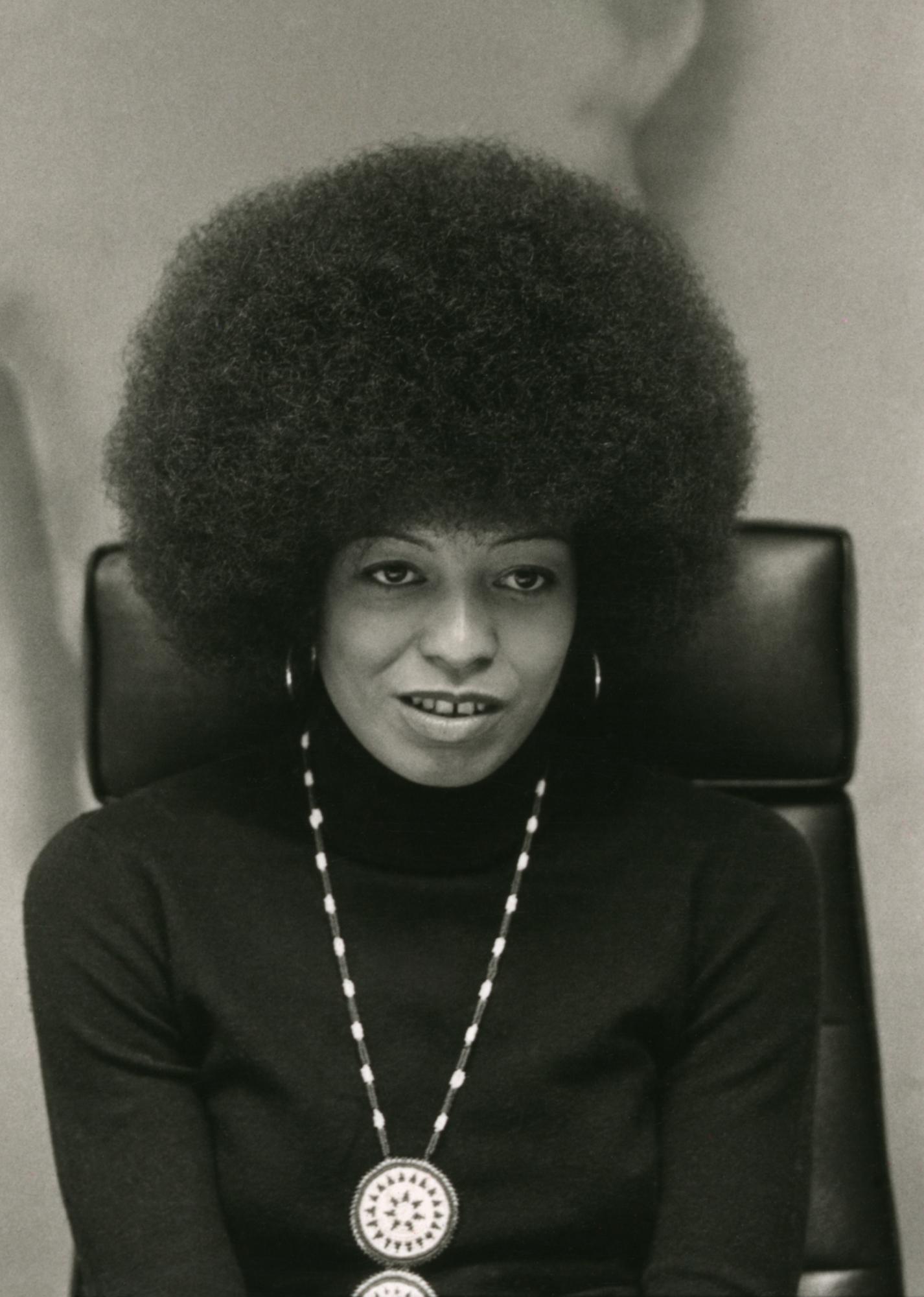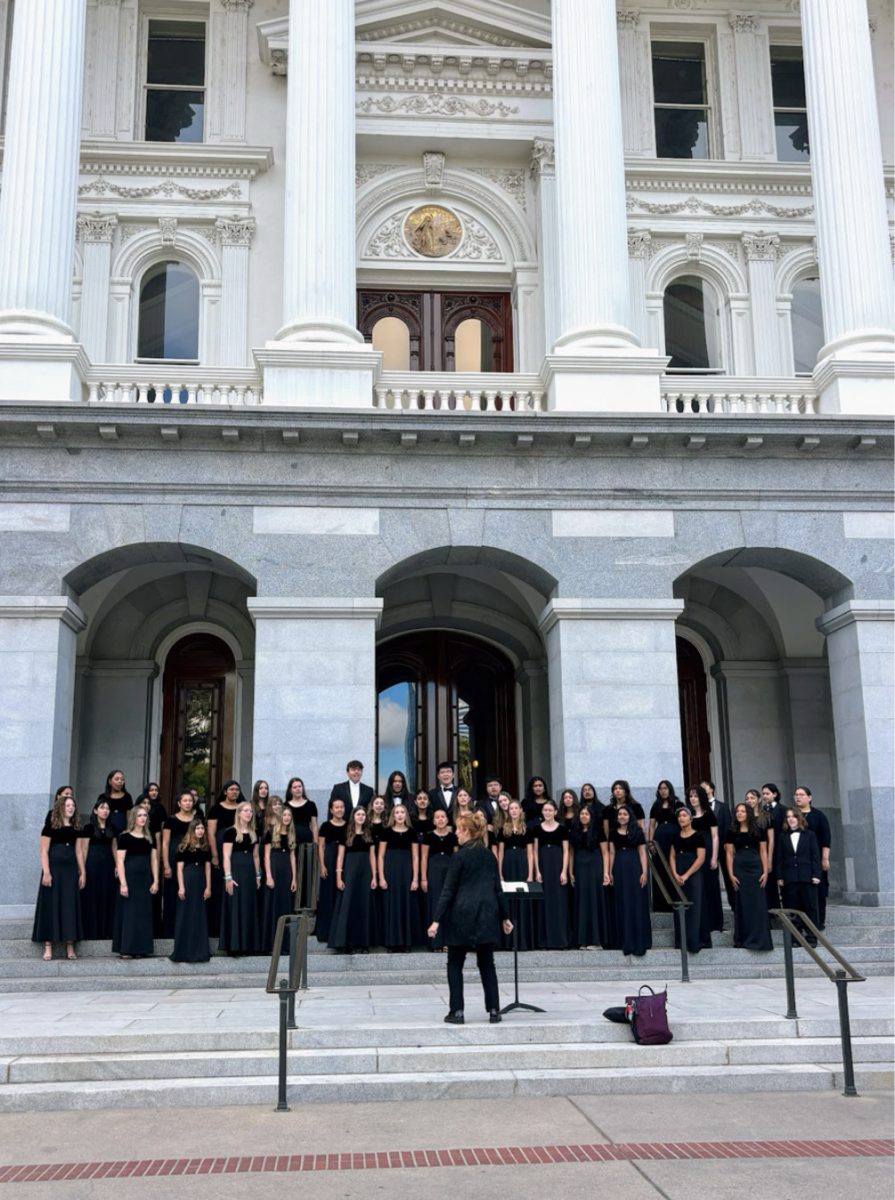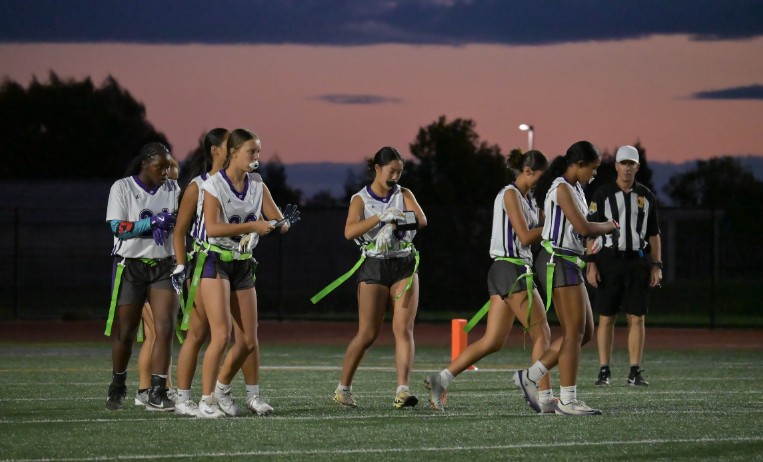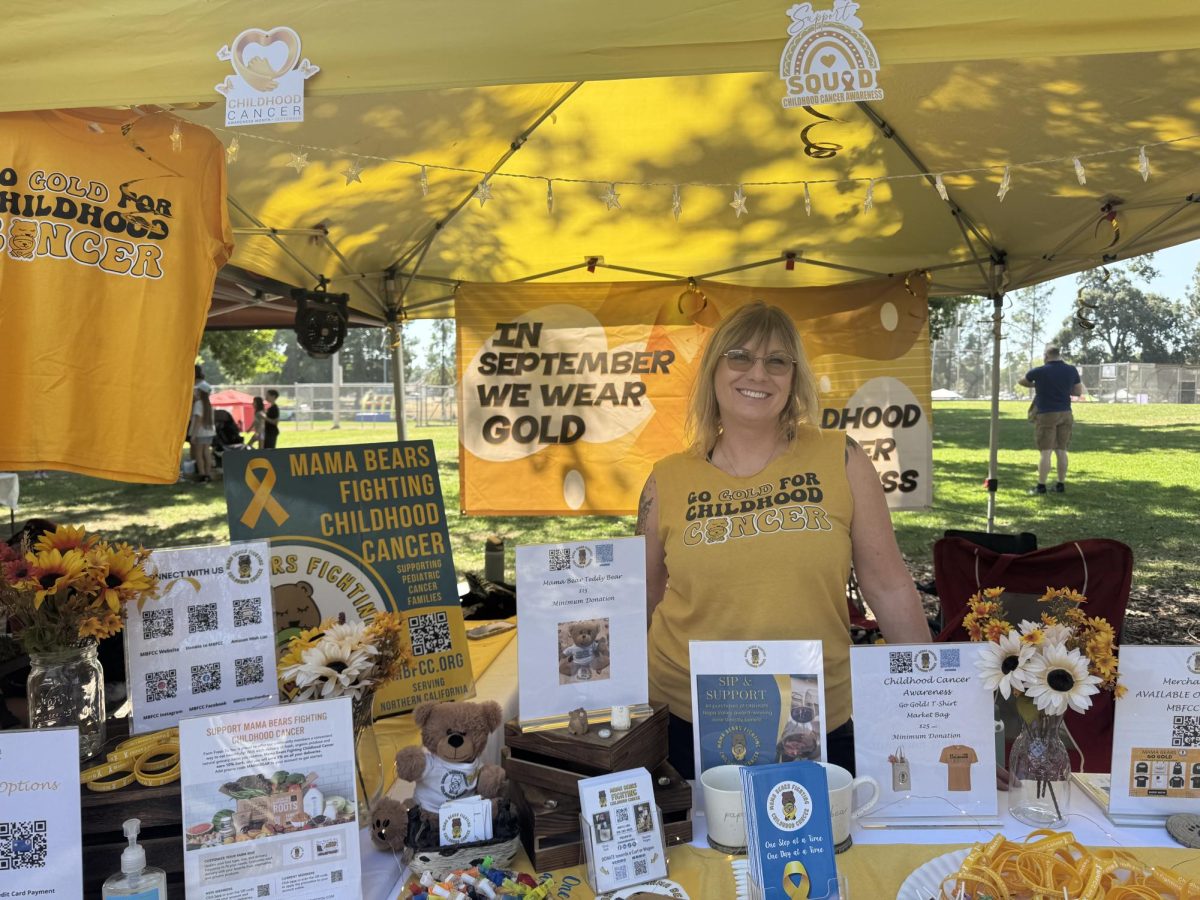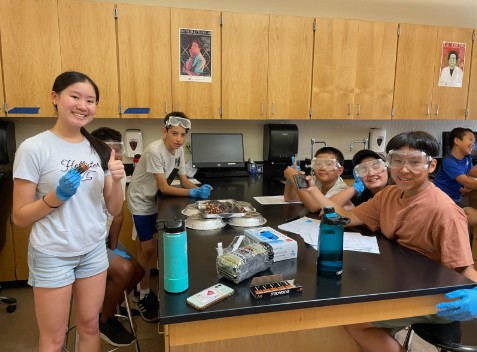Angela Davis, a 1960’s activist and intellectual has soared above the stereotypes the media and critics placed upon her. She is still working towards empowering Black women.
Iconic California academic Angela Davis gained fame in the 1960s and 1970s as a leading, and controversial critic of the U.S. government, racism and capitalism.
Now, the 79-year-old activist for racial justice, women’s rights and criminal justice reform is focused on fighting domestic violence in the Black community.
Davis has made recent appearances at Blue Shield of California Foundation (BSCF), the California Black Freedom Fund (CBFF) and the California Black Media (CBM) to shed light on domestic violence and speak about ways it can be prevented.
Davis believes that domestic violence isn’t brought up enough because some feel as if it’s not as important as violence in wars.
“I don’t think that we do well by always separating forms of violence and assuming that this form of violence is okay because it doesn’t relate to war,” she said during a BSCF appearance.
Davis also speaks about how many Black women entertainers decades ago – such as Gertrude ‘Ma’ Rainey, Bessie Smith, Ida Cox, Rosa Henderson and Billie Holiday – often produced songs about the violence they dealt with in relationships.
“I noticed that many of them sang about violence,” Davis said during an interview at a CBM event. “They sang about what was happening in their relationships.”
Davis wrote about the topic in her 1999 book titled, “Blues Legacies and Black Feminism.” She has called the book an effort to empower the voices of Black women who have long struggled against domestic violence, and continue that struggle today.
“Black women have always been involved in these efforts to eradicate violence” Davis said during the CBM interview.
Davis earned a bachelor’s degree in 1965 from Brandeis University in Massachusetts in 1965, and her master’s degree in 1968 from UC San Diego.
As an academic, Davis is perhaps best known for her work at California colleges.
She taught ethnic studies at San Francisco State University from 1980-1984, and feminist studies and history of consciousness at UC Santa Cruz from 1991-2008. She remains affiliated with UC Santa Cruz as a distinguished professor emerita.
Davis’ political activism created difficulties for her academic career in California.
In 1969, the UC Board of Regents fired her from her teaching position at UCLA because of her membership in the Communist Party. After a judge reinstated her, the Regents fired her again for comments she made during speeches. Interestingly, she came back to UCLA in 2014 as a regents’ lecturer.
In a prior incident, Davis had completed her work to earn a doctorate from UC Dan Diego in 1970, but never received the degree because the FBI confiscated her manuscripts.
As an activist, one of Davis’ most prominent causes was prisoner rights.
In 1970 Davis was involved in a case concerning the “Soledad Brothers.” They were three Black inmates accused of killing a guard at Soledad Prison in California.
As they stood trial in Marin County in 1970, the brother of one the defendants took over the courtroom, armed the defendants, and took the judge and three jurors hostage. The judge and two of the defendants died in an ensuing shootout.
Davis supported the Soledad Brothers and had bought some of the guns used in the incident. A warrant was issued for her arrest, she fled the state, but ultimately was found and returned to California and put on trial. She was charged with murder, kidnapping and conspiracy. An all-white jury acquitted her in 1972.
When asked, many Black students attending Cosumnes Oaks High School didn’t know about Davis.
But one student, senior Briella Smith, was very familiar with Davis and her contributions to the Black community.
“My mother always wanted me to be well aware of all things in my communities present and past,” Smith said. “My mom has read all of Angela Davis’s books, and passed them on to me. I think she was a huge help to our community and is still making efforts to help as of now.”
Davis – who came out as a lesbian in 1977, when such a move was much rarer than it is today – hopes the younger generation can continue her efforts to reduce domestic violence in the Black community.
In an interview with The Observer, Davis said, “I think young people can grasp those connections in ways that those of us who are older have to struggle.”

